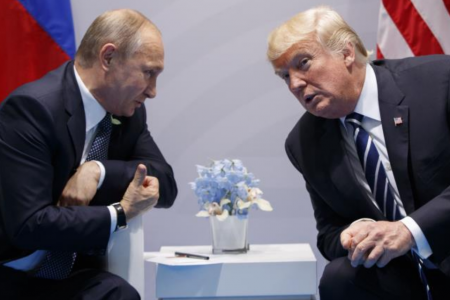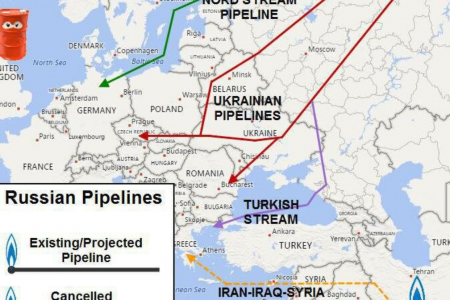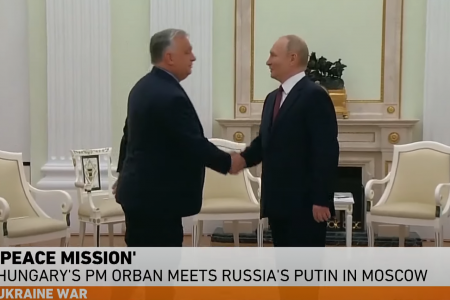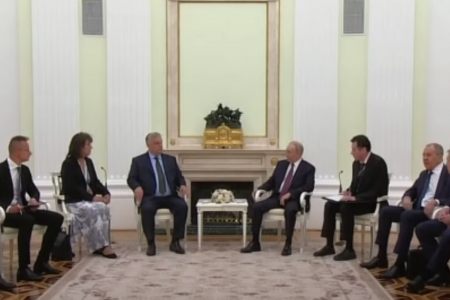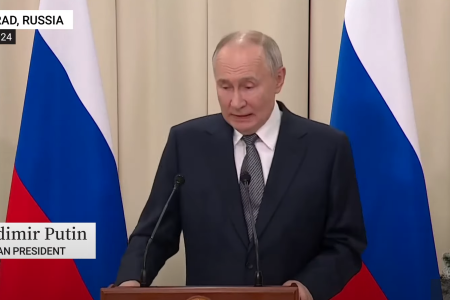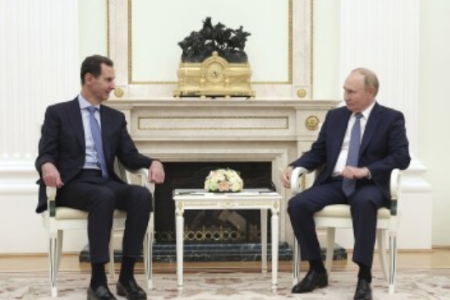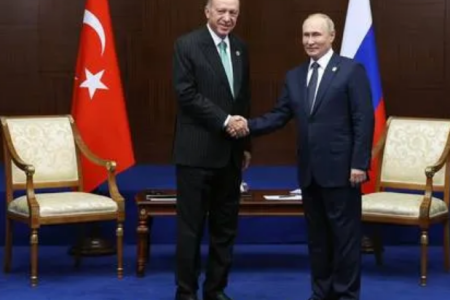
Four countries under the mechanism known as the Quads on March 12 had their first summit, with the participation of US President Joe Biden, Japanese Prime Minister Suga Yoshihide, Indian Prime Minister Narendra Modi, and Australian Prime Minister Scott Morrison.
The leaders of the Four Nations stated in a joint statement, “Our four countries are committed to building a free, open, secure, and prosperous Indo-Pacific.”
Derek Grossman, the senior defense analyst at research organization Rand Corporation, said the Quad group, which was born in 2004, has returned to politics to balance against expansion and threats from China. At the webinar on March 16, he said that the four countries Quad and Vietnam have the same concern in terms of security and defense:
“Countries are also facing a common threat, especially in the maritime domain, that is China’s growing assertiveness in the South China Sea (Vietnam calls it the East Sea) and East China Seas. So I think it’s remarkable that in Quad’s first joint statement last week, the Quad members emphasized the need to prioritize addressing maritime security in these areas. At least they have publicly stated that the Quad group is willing and determined to cooperate against China if necessary.”
Mr. Grossman concludes that this shows that the Quad clearly supports Vietnam’s position on the legal stance of settling disputes with China, such as the United Nations Convention on the Law of the Sea (UNCLOS).
Quad members also argue that China is more than just a maritime threat. Grossman emphasized that another major threat to Vietnam’s sovereignty is China’s Belt and Road Initiative, or BRI, which is the trade network and transport infrastructure that China is pursuing in many countries from Asia to Africa.
“Quad is trying to promote an alternative trade and investment model for BRI. If you look at the joint statement, they note that ‘Investing in quality infrastructure is a priority, which is clearly a blow to China’s Belt and Road Initiative.”
After the 13th Party National Congress, Hanoi affirmed its policy of promoting bilateral diplomacy and raising the level of multilateral diplomacy. So the question arises, why has Vietnam not joined the Quad group?
Indo-Pacific regional security expert Derek Grossman said partly because Vietnam did not want to provoke China with a closer approach to Quad:
“Overall, Vietnam-China relations remain friendly and effective despite deep doubts and concerns about the South China Sea and the Belt and Road Initiative. And there doesn’t seem to be a good reason to change this relatively peaceful situation. Another reason that could explain why Vietnam has not joined the Quad is that it has not been invited. All Quad member states are democracies while Vietnam is a socialist and authoritarian regime. Quad members may not feel comfortable with that and Vietnam may not feel comfortable joining a democratic multilateral organization either.”
Mr. Grossman analyzed that Vietnam may not necessarily want to join Quad due to the fact that Hanoi has good relations with each country in the group.
US President Joe Biden in the Interim National Security Strategy Guideline released on March 3 stated Vietnam as a key partner in the Indo-Pacific region. Mr. Grossman said:
“The Biden administration promotes democracy and human rights more comprehensively than the Trump administration. That could create problems for Vietnam, as the human rights situation has unfortunately gotten worse in this country.”
However, Mr. Grossman said that the Vietnam-US relationship is better than ever since the war ended. Similarly, Vietnam’s relations with Australia, Japan, and India have been increasingly strengthened. He revealed that in Hanoi’s vision, India had replaced Russia as Vietnam’s most sustainable defense partner.
In 2020, Vietnam also participated in the Quad Plus conference – the Quad Open together with a number of other countries to discuss the corona pandemic. Mr. Grossman argued that Vietnam could still participate in similar negotiations without having to formally join the Quartet.
Thoibao.de (Translated)





